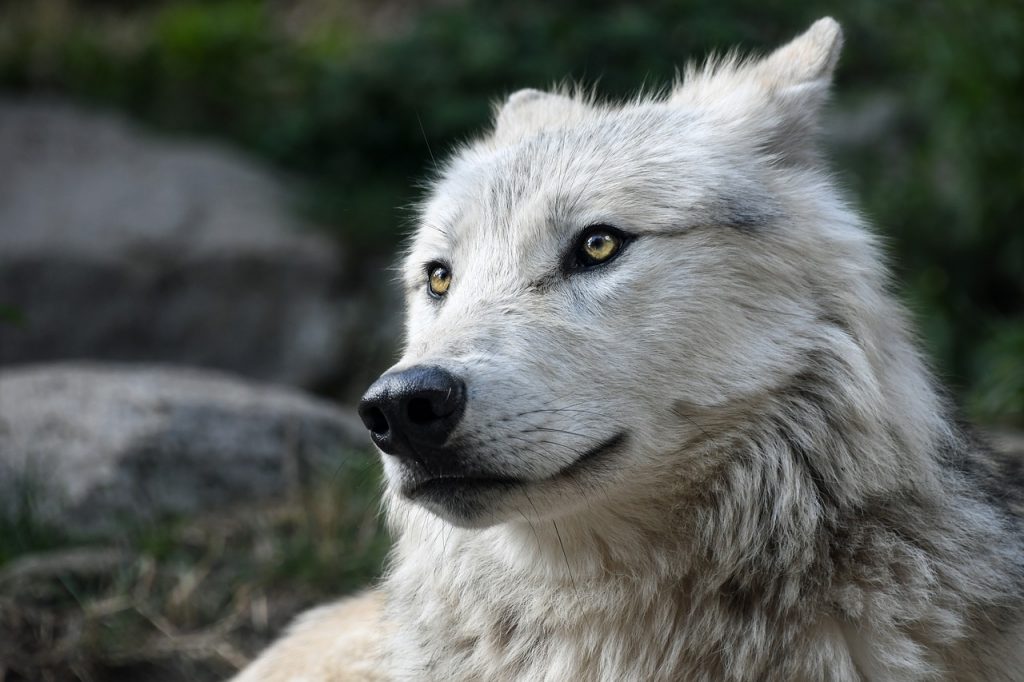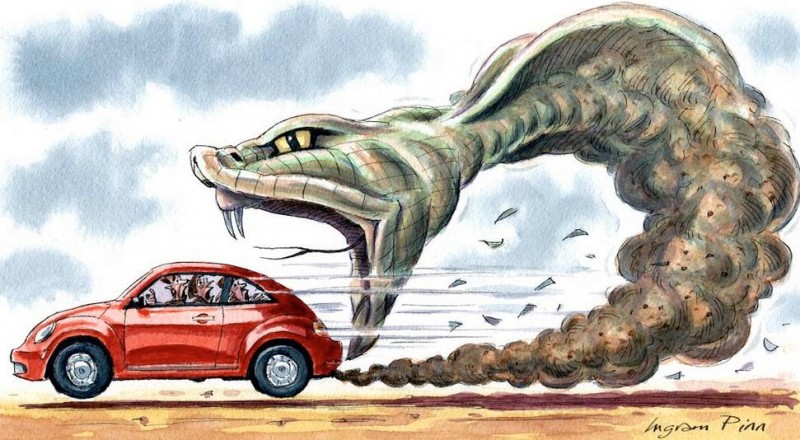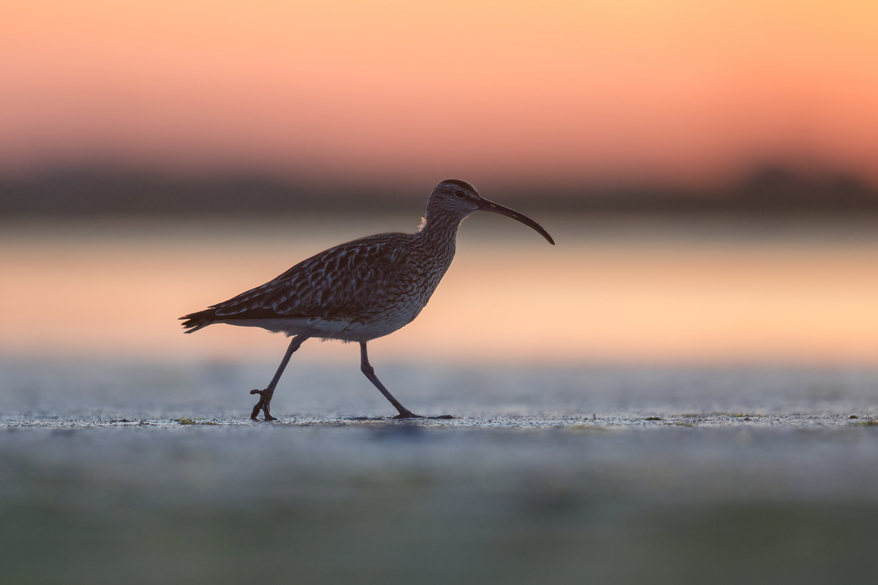Why we need to plan for the reintroduction of wolves

October 8th, 2019
Rising sea levels, intensifying storms, mass extinction, chronic pollution and environmental degradation – the dystopian future is no longer in the future. We’re living it right now.
How we are going to feed ourselves while drawing global ecosystems back from the precipice of total collapse is a debate that is going to be with us for many decades to come. And conditions are likely to get worse before they get any better.
Nearly 20 years ago, Ireland reintroduced Golden Eagles to the skies above Donegal. The eagles are still with us but the population remains on knife edge. Having survived repeated episodes of poisoning, the birds are now broadly welcomed by local communities but habitat conditions remain poor, with too little to eat to allow numbers to grow significantly.
The project has provided a number of important lessons. First, we can muster the expertise and official backing to reintroduce large predators to Ireland, and second, even if pockets of resistance endure, reintroductions are eventually accepted, embraced even, by local people.
And third, our conservation effort to-date has been wildly insufficient to deal with the extinction crisis. This is best demonstrated by the impoverished state of the Donegal landscape that fails to provide enough prey for the Golden Eagle population to expand beyond a handful of pairs.

Call of the wolf
Bringing wolves back will not be a project like the Golden Eagles. It will require a dramatic transformation of our views of nature and our place within it to allow this to happen.
A big challenge you say? Yet nothing less is needed if we are to deal with the magnitude of the crises with which we are faced.
Many people have pointed out that talk of returning the wolf to its homeland is a distracting quantum leap as we first need to deal with the decline in pollinators, the freefalling populations of farmland birds, the lack of proper management for existing protected areas, funding for nature conservation initiatives… and so on and so on.
These are all things that nature groups like the Irish Wildlife Trust (celebrating its 40th birthday this year) have been fighting to change for decades now. And we have failed.
For many it seems, wolf reintroduction is the final cherry on the cake of accomplishment – but if we’re honest, the entire cake has flopped. We need to start again and this time we don’t have another 40 years for incremental baby steps. We need to be bold and radical.
There is a plethora of sound ecological reasons why we need wolves to help rebuild natural ecosystems so we can draw down carbon dioxide from the atmosphere and repair habitats which have been flattened by centuries of abuse. Ecosystems simply don’t work without them.
We also know how to do it in a way that maintains small-scale farming and rural populations, i.e. payments to farmers for rewilding and/or high nature value farming. There are existing – successful – programmes in the EU to help farmers adapt to life with big predators.
If people like me, who do not depend on the land for a living, expect others to live alongside wolves, then we have to put our money where our mouth is. I think many would be happy to see their taxes used to bolster rural Ireland, produce healthier food and restore nature all at the same time.

Nature’s right to exist
But far more than this, we need to confront the big ethical questions – does nature have a right to exist? Do we see ourselves as masters of a living world that only exists to serve our needs? Or can we see ourselves as part of a living system that is nourished by the complex web of life?
Are we going to continue glorifying economic growth and running ourselves ragged to slavishly satisfy ‘global demand’ even when the devastating impacts it has on inequality and the natural world become more apparent by the day?
We urgently need a plan to rescue our bedraggled habitats and nurse populations of endangered species back to health. We also need to be looking at reintroducing all of the 120 or so species which we have driven to extinction, everything from lynx and wild boar to cranes and capercaillies.
But more than any of these, when we look into the eyes of the wolf it forces us to confront those big ethical questions. Don’t look away, hold its gaze. It may be 10, even 20 years before we hear howling in the Irish countryside, but the time to start planning is right now.
By Padraic Fogarty
Padraic is a Campaign Officer with the Irish Wildlife Trust and Author of ‘Whittled Away’ – Ireland’s Vanishing Nature







